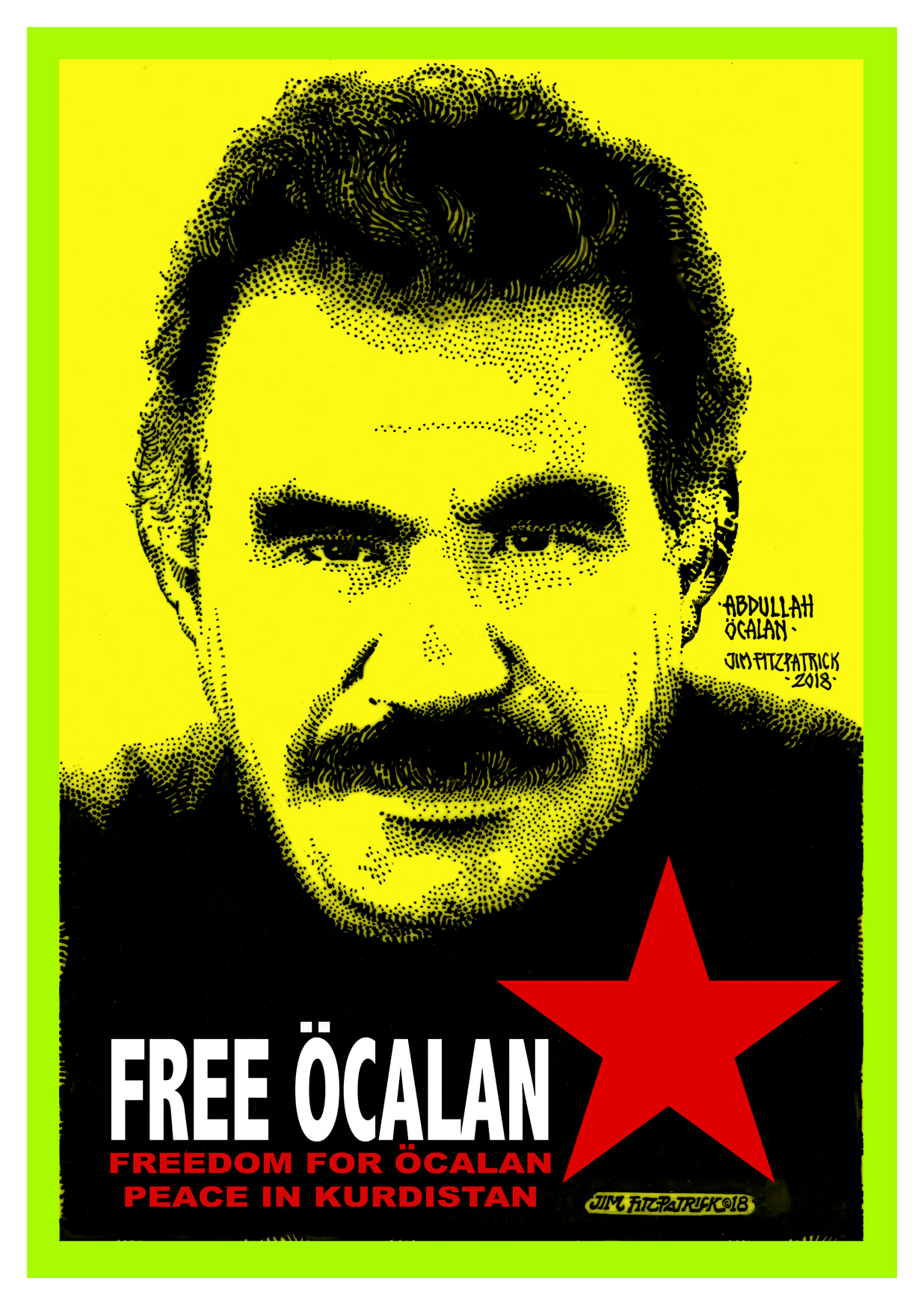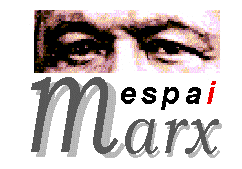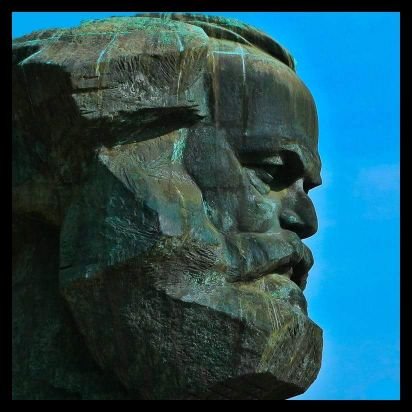«Marx and the Ontology of Social Being»: João Leonardo Medeiros
 Abstract: Although inspired by very different motivations, Geörgy Lukács (in his Ontology of Social Being) and Roy Bhaskar (mainly in The Possibility of Naturalism) attempted to unveil the key elements of the ontology entailed in Marx’s social theory. The paper intends to show that some of these elements can be truly employed to depict a general image of society. The following determinations are considered more extensively: teleology, which distinguishes human activity; knowledge and value taken as objective determinations of society; the structural character of the social world; the category of totality; and historicity, characterised by the notions of law (understood as tendency), development and uneven development.
Abstract: Although inspired by very different motivations, Geörgy Lukács (in his Ontology of Social Being) and Roy Bhaskar (mainly in The Possibility of Naturalism) attempted to unveil the key elements of the ontology entailed in Marx’s social theory. The paper intends to show that some of these elements can be truly employed to depict a general image of society. The following determinations are considered more extensively: teleology, which distinguishes human activity; knowledge and value taken as objective determinations of society; the structural character of the social world; the category of totality; and historicity, characterised by the notions of law (understood as tendency), development and uneven development.
Introduction
For the majority of human beings, including some of the most erudite exemplars of the species, the word ontology sounds like an esoteric statement, not to say like a bad word. Its meaning, however, is far from being inaccessible, even to the reader most unaccustomed to its usage, and can be found in any dictionary of average quality: it refers to the general considerations about existence, reality, the being. In the case of the ontology of society, then, the term ontology refers to the determinations that distinguishes society as a form of being, expressing its difference to the previous forms of existence.
For those who intend to deal with the ontology of social being within the limits of the Marxist tradition, it is necessary to take into account, from the beginning, the fact that none of Marx’s oeuvres has something like the specification of the general determinations (i.e. the ontology) of social being as its main theme. What somehow saves this project from anticipated failure is the fact that, in the most relevant moments of the Marxian production – and these moments are not scarce at all –, the analysis has not only implications for the depiction of the general properties of society, but frequently makes these implications explicit.
At least two thinkers attempted to make use of the work of Marx as the keystone for the construction of an ontology of social being: the philosophers György Lukács, in his posthumous work, and Roy Bhaskar, in his first books2. These two contributions are employed here as flashlight to illuminate the elements of some widely known Marxian arguments that cannot be forgotten in any serious theoretical effort to define the limits of what can be transcendentally (i.e., universally, in a historical sense) labelled as social.
The argument of this article is distributed into five sections. The first is intended to pave the way for the subsequent analysis. This is done in two steps: firstly, by demonstrating that teleology is a crucial category in Marx’s social theory; secondly, by establishing the exact relation between teleology and labour – the activity of material reproduction of human beings. The second section examines more deeply the category of labour in order to recognise the general presuppositions that allow the existence of an activity with its inherent configuration. Among these presuppositions value and knowledge are highlighted in the analysis, for reasons that will become clear later. A third section deals with the relation between human activity and the social structures that condition it, which are the two broader domains of social existence. In the sequence, in the forth section, the interest relies on a theme obviously important to the study of society: historicity. Besides delimiting exactly the meaning of the claim of historicity as a feature of society, the section tries to associate this category to that of development. The latter category, in its turn, builds up the bridge that leads the argument to the discussion of the category of freedom, which is briefly inspected in the article’s concluding section.


























